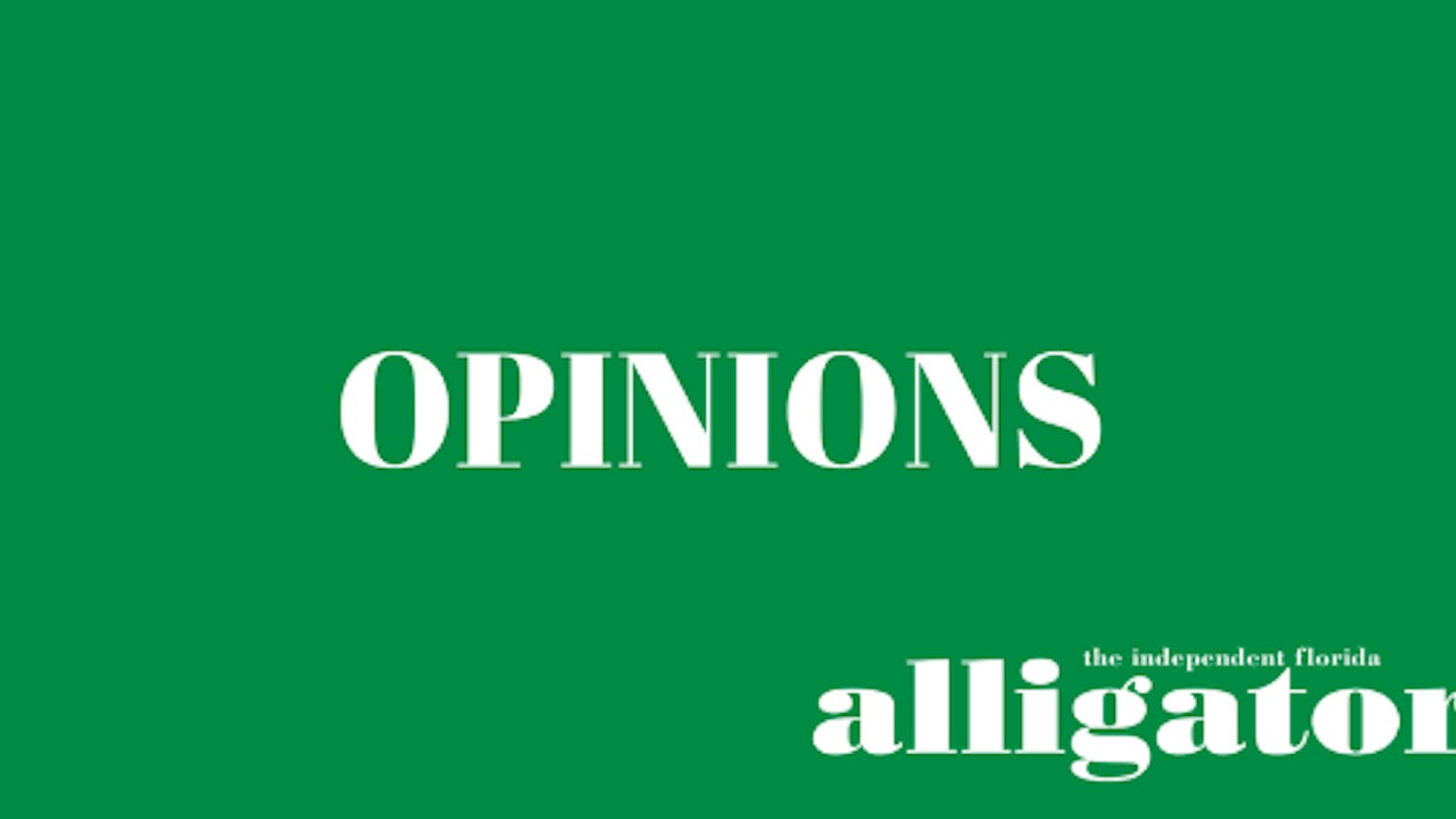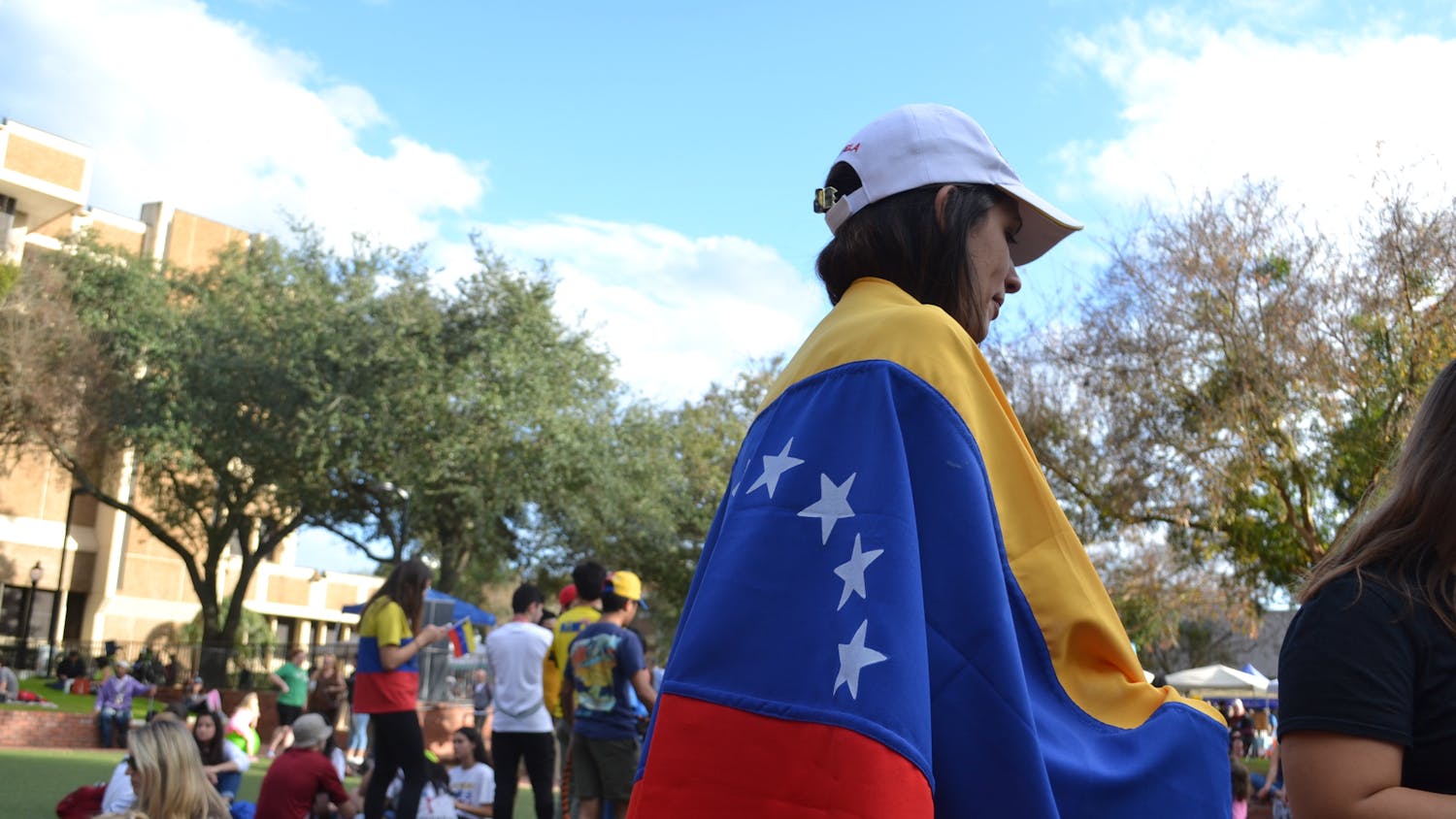Last Tuesday, a column ran in the Alligator titled “Viral video is one-sided” by UF student Eric Brown, in which he discussed Nicolás Maduro, Hugo Chávez and Venezuela. After reading it, I realized some things he said were partially true and some partially false.
Brown claimed that Chávez in 2012 and Maduro in 2013 were democratically elected by the people. While Chávez’s election was decided by the majority of the Venezuelan citizens, Maduro was not elected democratically.
When the Consejo Nacional Electoral announced the results of the election between Maduro and Capriles, the result margins were extremely close. Capriles demanded a recount of the vote. The CNE recounted the votes in an unconstitutional way, but Maduro remained Venezuela’s illegitimate president.
Brown also stated that Chávez and Maduro’s government has accomplished “near-elimination of extreme poverty since 2002 and increased access to doctors and education.” The first statement is false, but the second is true.
The Misión Ribas taught illiterate people in the slums all over the country to read and write, and the Misión Barrio Adentro gave free health care to the poor. Both were huge social successes for the government.
However, since Maduro’s illegitimate election less than a year ago, the Venezuelan economy has plummeted. Hunger, sickness, inflation and insecurity don’t differentiate between a socialist and a capitalist, a chavista or a caprilista or if you voted for Maduro or Capriles.
Finally, to claim that “the press isn’t free or that Maduro wins elections through propaganda don’t add up” is false. Maduro had access to the government’s resources such as radio, TV, newspapers and public funds to run his campaign. Also, state employees were pressured to vote for Chávez for fear of losing their jobs if they didn’t.
Since Maduro became president, the state hasn’t released the money for private newspapers to buy paper. In Venezuela, private companies buy dollars from the government to buy paper. Of nine national basic TV networks, the government directly or indirectly controls seven. The other two networks are a sports network and a religious network. Venezuela’s biggest national radio network is also owned by the government.
The Venezuelan opposition’s biggest problem was failure to take its opponent seriously. Chávez managed to represent the poor people after they had been ignored for about 50 years, and their support helped him get elected and reelected. Claiming that all of Chávez’s decisions had negative impacts tells only half the story.
Since Chavez died, Maduro hasn’t been able to keep the country economically stable. He has censored the media and failed to provide food and medicine in addition to ordering violence against protesters for the past two weeks.
Chávez benefited and harmed Venezuela. Whether he did one more than the other is for you to decide.
[Miguel Machado is a UF telecommunication junior. He is from Venezuela. A version of this column ran on page 7 on 2/28/2014 under the headline "Column doesn’t give whole truth"]





